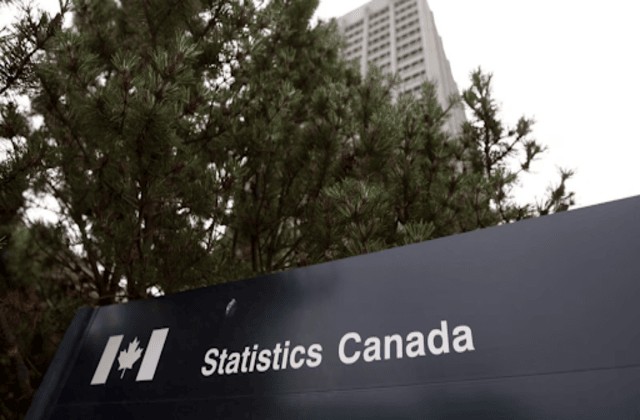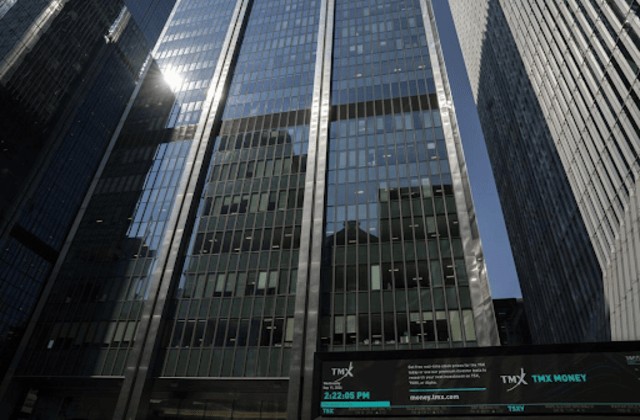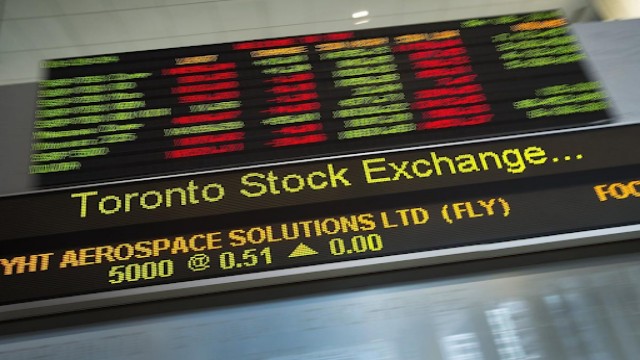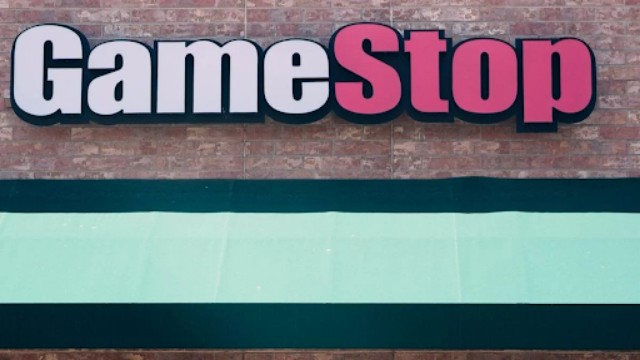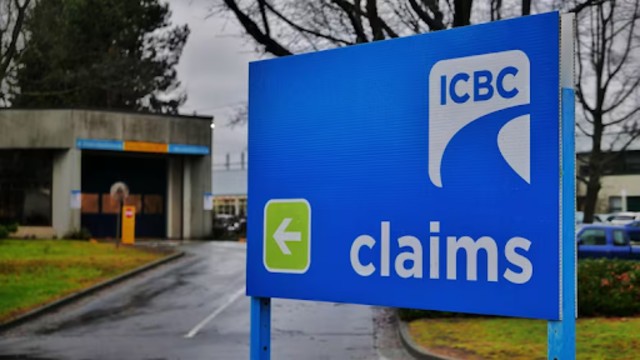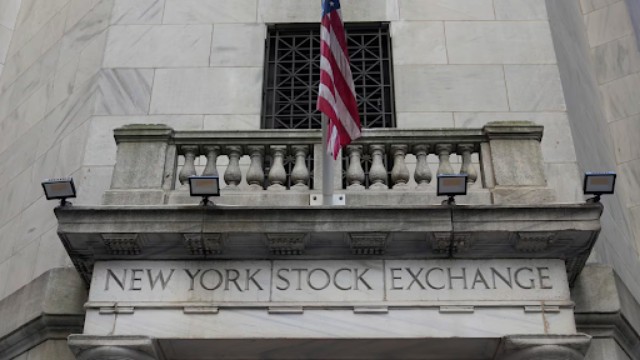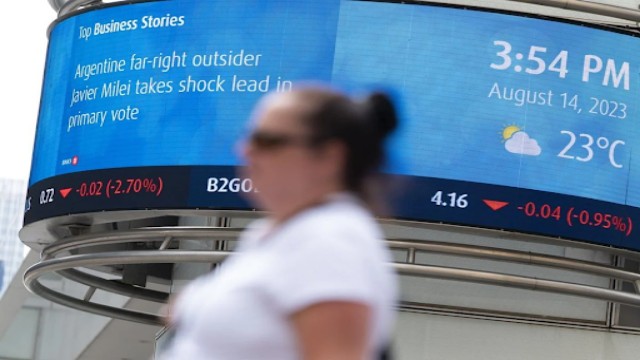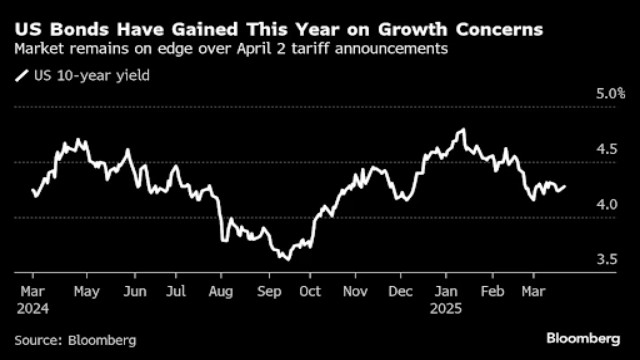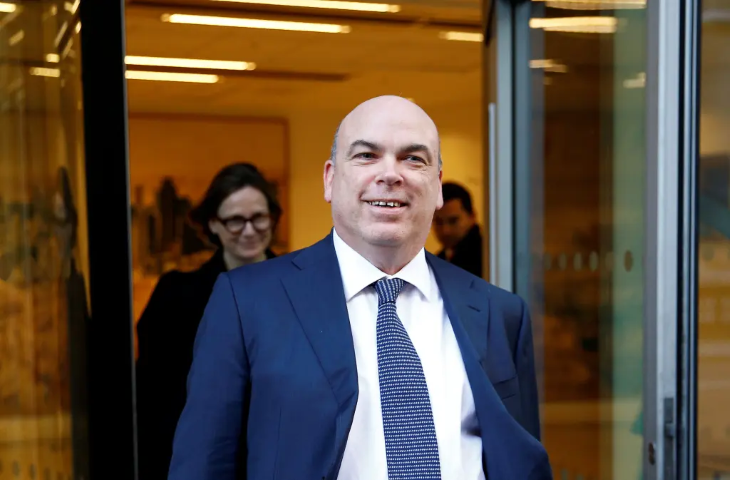
Mike Lynch, British tech magnate, faces trial for allegedly defrauding HP in Autonomy sale. (Reuters)
Mike Lynch, the renowned British tech entrepreneur often likened to Steve Jobs, is gearing up for his trial in the United States, where he faces allegations of defrauding Hewlett-Packard (HP) in the $11 billion sale of his software firm, Autonomy. Lynch's attorney confirmed his intention to testify in court to refute the charges on Monday.
Federal prosecutors in San Francisco have leveled accusations against Lynch and former finance executive Stephen Chamberlain, asserting that they engaged in a scheme to artificially inflate Autonomy's revenue, commencing in 2009 and culminating in HP's ill-fated acquisition in 2011.
During proceedings in federal court, prosecutor Adam Reeves described Lynch's narrative as compelling, emphasizing Autonomy's revenue and its supposedly pure software business model, which he claimed misled HP into believing that Autonomy was precisely what they needed.
However, according to Reeves, Autonomy was covertly profiting from hardware resales and employing improper accounting practices, all under Lynch's directive. This allegedly included inflating revenues to meet analyst expectations.
Following the acquisition, HP took an $8.8 billion write-down, citing significant accounting irregularities within Autonomy.
In defense, Lynch's attorney, Reid Weingarten, urged the jury to approach the case skeptically, suggesting that HP willingly paid billions for Autonomy and expedited due diligence to stifle potential competitors. Weingarten portrayed Lynch as a technologist who entrusted Autonomy's financial matters to then-chief financial officer Sushovan Hussain.
Weingarten emphasized Lynch's focus on technology and downplayed his involvement in accounting matters, asserting that Lynch's concerns were centered on the technological aspects of Autonomy.
Prosecutors allege that Lynch and Chamberlain artificially inflated Autonomy's finances through backdated agreements and fraudulent transactions, aiming to attract buyers like HP.
The trial, slated to extend into late May, may feature testimony from numerous witnesses, including Leo Apotheker, HP's former CEO, who was ousted shortly after the Autonomy acquisition.
Lynch faces 16 counts of fraud and conspiracy, while Chamberlain faces 15. Both men maintain their innocence, with the jury required to reach a unanimous verdict for a conviction.
Lynch's legal battles trace back to Autonomy's collapse, culminating in a civil lawsuit in London in 2022, where HP emerged substantially victorious, seeking $4 billion in damages.
Despite Lynch's extradition challenges, he was eventually brought to the US to face charges after Britain's High Court denied his appeal.
US District Judge Charles Breyer granted Lynch bail, secured by a $100 million bond, but confined him to a San Francisco residence under 24-hour surveillance.
Lynch's net worth, as disclosed by his attorney, is approximately $450 million.
Sushovan Hussain, Lynch's former colleague, was previously convicted on US charges in 2018 and served a five-year sentence before being released in January.






